

How to use Digital Marketing Strategies for Growth
Marketing Strategies that you want to need to grow your business. Discover how SEO, content marketing, and social media can boost your brand effectively, Businesses can no longer rely solely on traditional marketing to reach their audience. Digital marketing strategies for Growth has become the key to success, helping brands connect with customers, increase visibility, and drive sales—all online. Marketing Strategies for Growth Whether you’re a small business owner, a freelancer, or someone looking to grow a brand, understanding digital marketing is essential.
But where do you start? With so many Strategies like SEO, social media, email marketing, and paid ads, it can feel overwhelming. Don’t worry! This guide will break down everything you need to know—step by step—so you can effectively market your business online and stay ahead of the competition.

1. What is Digital Marketing?
Digital marketing refers to promoting products or services using online channels like websites, social media, search engines, email, and paid advertising. Unlike traditional marketing, digital marketing allows businesses to reach a global audience, track performance in real time, and optimize campaigns for better results.
| Feature | Traditional Marketing | Digital Marketing |
| Reach | Limited (TV, print, radio) | Global (social media, websites) |
| Cost | Expensive | Cost-effective |
| Interaction | One-way communication | Two-way engagement |
| Analytics | Difficult to track | Real-time insights |
| Flexibility | Hard to change | Easy to adjust & optimize |
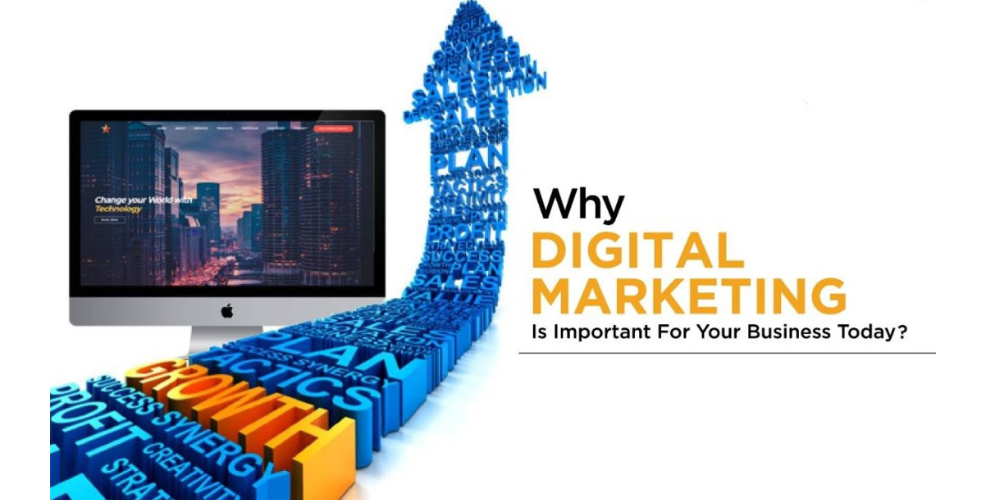
2. Key Components of Digital Marketing
Search Engine Optimization (SEO)
SEO is the process of optimizing websites to rank higher on search engines like Google. The better your ranking, the more visibility and organic traffic you gain. SEO is divided into three main parts:
- On-Page SEO: Optimizing website content, keywords, meta descriptions, and headings.
- Off-Page SEO: Building backlinks and external authority for the website.
- Technical SEO: Improving site speed, mobile responsiveness, and structured data.
When done correctly, SEO helps businesses attract organic traffic without paying for ads, making it a crucial part of digital marketing.
Content Marketing
Content marketing revolves around creating and distributing valuable content to engage and educate an audience. This includes blog posts, videos, infographics, podcasts, and ebooks. The goal is to build trust, establish authority, and convert visitors into customers.
High-quality content helps businesses improve SEO, generate leads, and provide value to their target audience. A well-planned content marketing strategy can make a brand stand out in a competitive market.
Social Media Marketing
Social media platforms like Facebook, Instagram, Twitter, LinkedIn, and TikTok allow businesses to connect with their audience in a more engaging way. Social media marketing involves:
- Posting relevant and engaging content.
- Running targeted ad campaigns.
- Engaging with followers through comments, messages, and polls.
By using social media effectively, businesses can increase brand awareness, drive traffic to their websites, and improve customer loyalty.
Email Marketing
Email marketing remains one of the most powerful ways to connect with customers. Personalized email campaigns help businesses nurture leads, promote products, and build lasting relationships with their audience.
Marketing Strategies for Growth Successful email marketing involves creating engaging subject lines, offering valuable content, and segmenting the audience for better targeting. Automated email sequences can help businesses stay connected with their customers without requiring constant manual effort.
Pay-Per-Click Advertising (PPC)
PPC is a paid digital marketing strategy where businesses place ads on platforms like Google Ads, Facebook Ads, and LinkedIn Ads. These ads appear to users based on their search queries, interests, or demographics.
The biggest advantage of PPC is that it provides instant results. Unlike SEO, which takes time to show impact, PPC can drive traffic and conversions immediately. However, to make the most out of PPC campaigns, businesses must optimize their ads, target the right audience, and track performance regularly.
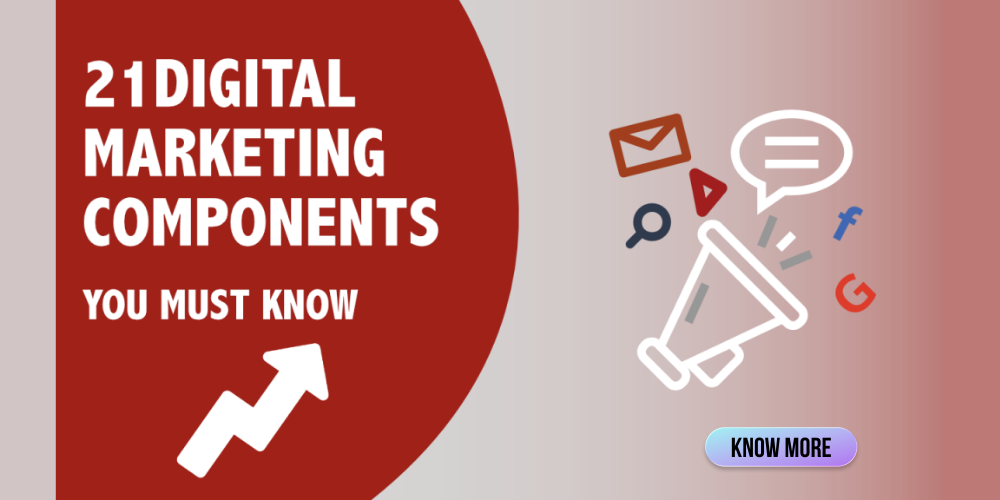
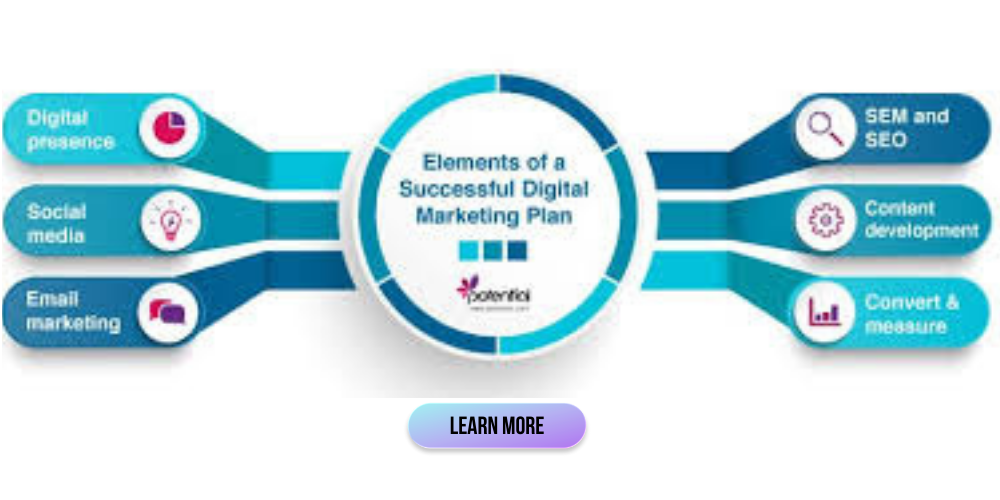
3. How to Create a Digital Marketing Strategy
Marketing Strategies for Growth Creating a successful digital marketing strategy requires careful planning and execution. Here’s how you can build an effective strategy:
- Define Your Goals – Determine whether you want to increase website traffic, generate leads, or boost sales. Clear goals help in crafting the right approach.
- Know Your Audience – Understanding your ideal customers’ interests, demographics, and pain points is crucial for targeting the right people.
- Choose the Right Channels – Focus on digital marketing platforms that best suit your business and audience. Some industries thrive on social media, while others perform better with SEO or PPC.
- Create High-Quality Content – Valuable and engaging content is key to attracting and retaining customers. Ensure your content is informative, visually appealing, and optimized for search engines.
- Use Data & Analytics – Track your marketing campaigns using tools like Google Analytics, social media insights, and email marketing reports. Analyzing data helps in making informed decisions and improving future strategies.
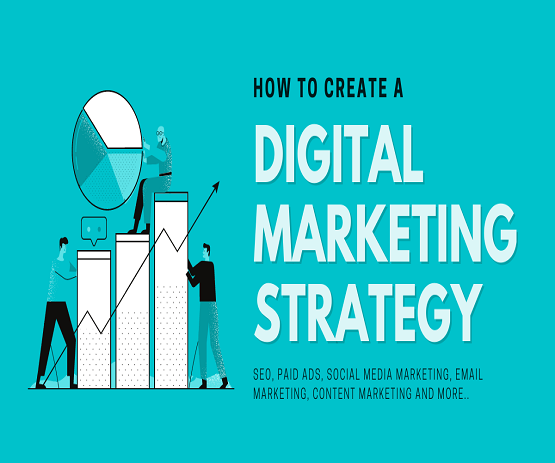
4. Common Mistakes to Avoid
Even experienced marketers can make mistakes. Here are some common digital marketing pitfalls to watch out for:
- Ignoring SEO: A website without SEO is like a shop without a signboard—people won’t find it.
- Not Having a Clear Target Audience: Marketing to everyone means marketing to no one. Identifying your ideal customers is crucial for success.
- Overlooking Data & Analytics: Without tracking performance, you can’t improve your marketing efforts. Analytics provide valuable insights into what’s working and what needs adjustment.
- Spamming Instead of Engaging: Constantly pushing promotions without providing value can turn potential customers away. Focus on building trust through meaningful content and interactions.
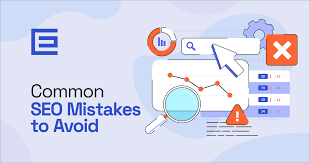
5. Future Trends in Digital Marketing (2025 & Beyond)
Marketing Strategies for Growth digital marketing is constantly evolving, and staying ahead of trends is essential for success. Here are some emerging trends to watch:
- AI & Automation: Chatbots, AI-powered content creation, and personalized recommendations are transforming digital marketing.
- Voice Search Optimization: With the rise of smart assistants like Alexa and Google Assistant, optimizing for voice search is becoming increasingly important.
- Short-Form Video Content: Platforms like TikTok, Instagram Reels, and YouTube Shorts are dominating, making video marketing a must-have strategy.
- Metaverse & Virtual Marketing: The digital world is expanding, and businesses are exploring new ways to engage with audiences through virtual reality and interactive experiences.
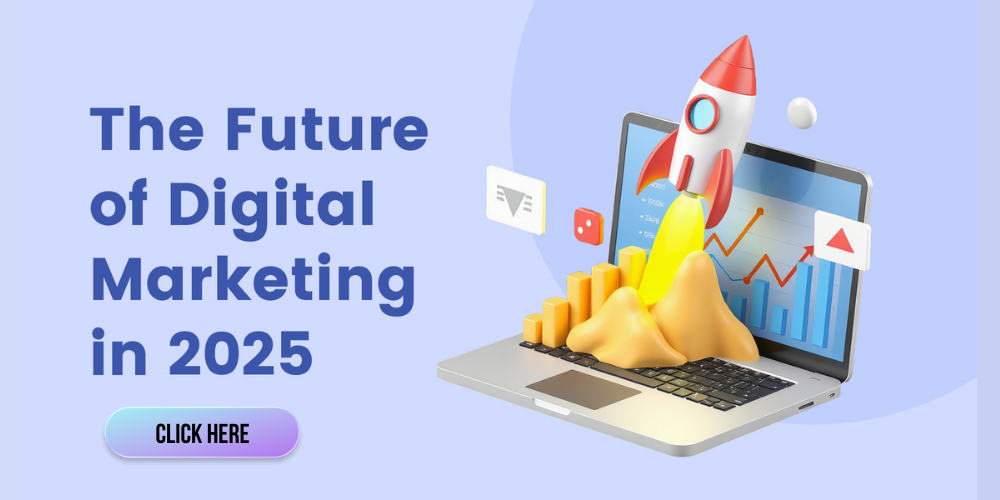
Conclusion
Digital marketing is the driving force behind business success in today’s online world. Whether it’s SEO, content marketing, social media, or paid advertising, mastering these strategies can help brands thrive in the competitive market.
The key to success lies in understanding your audience, creating valuable content, and continuously optimizing your efforts. With the right digital marketing approach, businesses can reach a global audience, generate leads, and increase revenue like never before.
Start implementing these techniques today and watch your business grow! Want to stay updated with the latest digital marketing trends? Subscribe to our newsletter for expert insights and tips
Related Blogs


